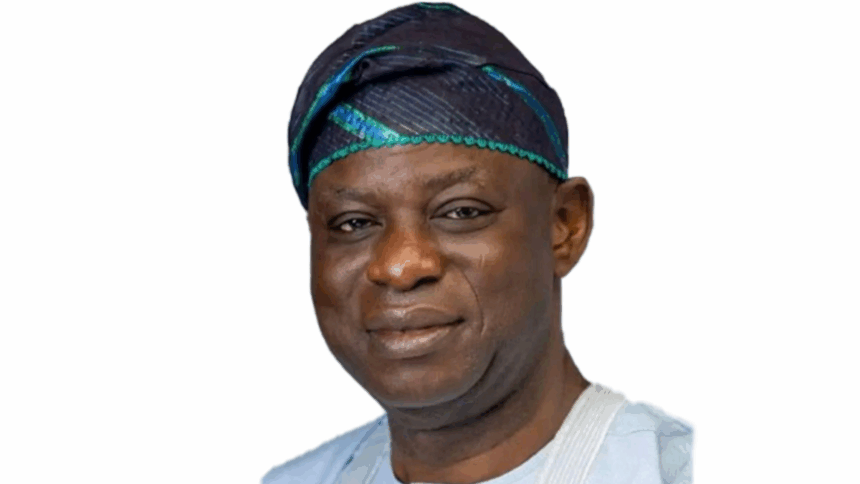Nearly 30% Lagos civil servants sent overseas for training have failed to return, the government revealed on Wednesday.
The startling disclosure was made by the Lagos State Commissioner for Establishments and Training, Afolabi Ayantayo, during a press briefing.
Ayantayo said the state’s efforts to build a more effective and globally exposed workforce are being undermined by the “Japa syndrome,” a term that has come to symbolise the mass exodus of Nigerians seeking better opportunities overseas which now threatens the effectiveness of Lagos civil servants’ training initiatives.
“When asked how many staff returned home from such training,” Ayantayo said grimly, “while 70% returned, 30% failed to come back.”
He added that despite the setback, the state government remains committed to staff development. According to him, “A total of 23,420 staff members benefitted from various training interventions between May 2022 and December 2024.
“Within the same period, over 185 training programmes were organised which cut across multiple cadres, skill levels and thematic areas relevant to public sector efficiency, leadership development and regulatory compliance.”
However, the fact that nearly one in three workers opted to stay back after training abroad has raised questions about accountability, programme monitoring, and long-term retention strategies.
The Commissioner also revealed that about 8,000 civil servants across Ministries, Departments, and Agencies have been granted study leave over the past three years to further their education and professional skills.
Ayantayo highlighted additional achievements by the ministry, including Governor Sanwo-Olu’s approval of a ₦35,000 wage award to mitigate economic pressures on civil servants.
In the healthcare sector, he said the government had fulfilled several commitments:
“The state has paid the Medical Residency Training Fund, Rural Allowance for Primary Healthcare Workers, and also given bonuses and wage awards to staff of the Lagos State College of Medicine.”
ALSO READ FROM NIGERIAN TRIBUNE






